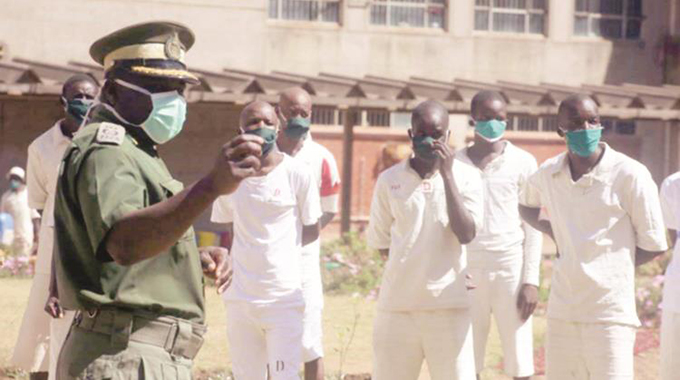Covid-19 travel restrictions devastate Africa’s tourism

Global restrictions on travel have dealt a devastating blow to African nations, including Zimbabwe, who depend on tourists and their hard currency to support an industry that employs millions of people on the continent.
National carriers in Mauritius, Kenya, and Namibia run into more financial trouble as flights were grounded. In South Africa, listed hotel group, Sun International, announced two of its casinos will not reopen after the country’s coronavirus lockdown ends. The Kenyan government expects losses of as much as $511 million in hotel-room revenue if the pandemic persists.
Here in Zimbabwe, the tourism sector forecasts a decline, which may lead to a loss of between US$500 million and US$1,1 billion in tourism receipts.
To minimising the impact, local tourism players, led by the Government, are focusing on domestic tourism.
Last week, President Mnangagwa launched the Tourism Recovery & Growth Strategy, which he said is anchored on the country’s vision to be a prime international tourist destination.
Domestic tourism currently contributes 30 percent to the total tourism receipts, according to Zimbabwe Tourism Authority’s acting chief executive Mr Givemore Chidzidzi.
ZTA has since tabled a Destination Zimbabwe Tourism Recovery Plan which seeks to among other things:
Provide relief packages to affected tourism businesses including small businesses within the tourism value chain.
Provide a soft landing for the tourism industry as they re-open their enterprises to the market.
Save and secure jobs from being lost in the tourism value chain.
Re-establish contact with the local, regional, and international tourism market.
Reassure confidence in the marketplace and encourage visitors to travel to and within Zimbabwe thereby boosting tourist arrivals and tourism revenue.
Rollout campaigns informing the marketplace that Zimbabwe’s tourism business is back.
On its part, The Hospitality Association of Zimbabwe (HAZ) led by president Clive Chinwada plans to come up with a bundle of tourism value chain activities including transport, accommodation, and activities in various destinations replicating what used to be the Flame Lily tours.
“These packages must suit every pocket and encourage tourism industry value chain players to work together for survival as well as to ensure the competitiveness of destination Zimbabwe,” he said.
On a regional scale, travel and tourism contributed $168 billion to African economies last year, according to the World Travel and Tourism Council. Island nations including Mauritius and Seychelles heavily rely on travellers for revenue.
Several African economies without mineral resources and oil have managed to monetise their beaches and wildlife. Uganda and Rwanda are popular destinations for mountain gorilla trekking, while Mauritius, Seychelles, and Comoros have drawn millions of tourists seeking seaside holidays. Spending by these visitors, a key source of revenue, has dried up since March.
In 2019, the number of visitors to Mauritius was about 1,4 million — that was more than its population of 1,3 million people.
The picture changed when the Indian Ocean island nation imposed a lockdown from March 20 and arrivals for April, May and June were almost zero.
The country recorded its last Covid-19 death on April 27, but that won’t be enough to get tourists back. Its national carrier, the key to transferring the guests, was placed under voluntary administration and travel restrictions remain in Mauritius’s biggest source-markets including France and South Africa.
South Africa, the impact of restrictions on the movement of people and business, also showed up in domestic-tourism numbers.
Income from accommodation fell 99 percent during the first full month of the lockdown and has yet to recover.
The crash in food-and-beverage sales eased slightly in May as restaurants opened for delivery, but a renewed ban on the sale of alcohol could further weigh on the industry.
Travel for leisure is still only allowed within provinces, which means seaside holidays and most game resorts are off-limits to people in Gauteng, the richest and most populous province. — Bloomberg/Business Reporter.










Comments